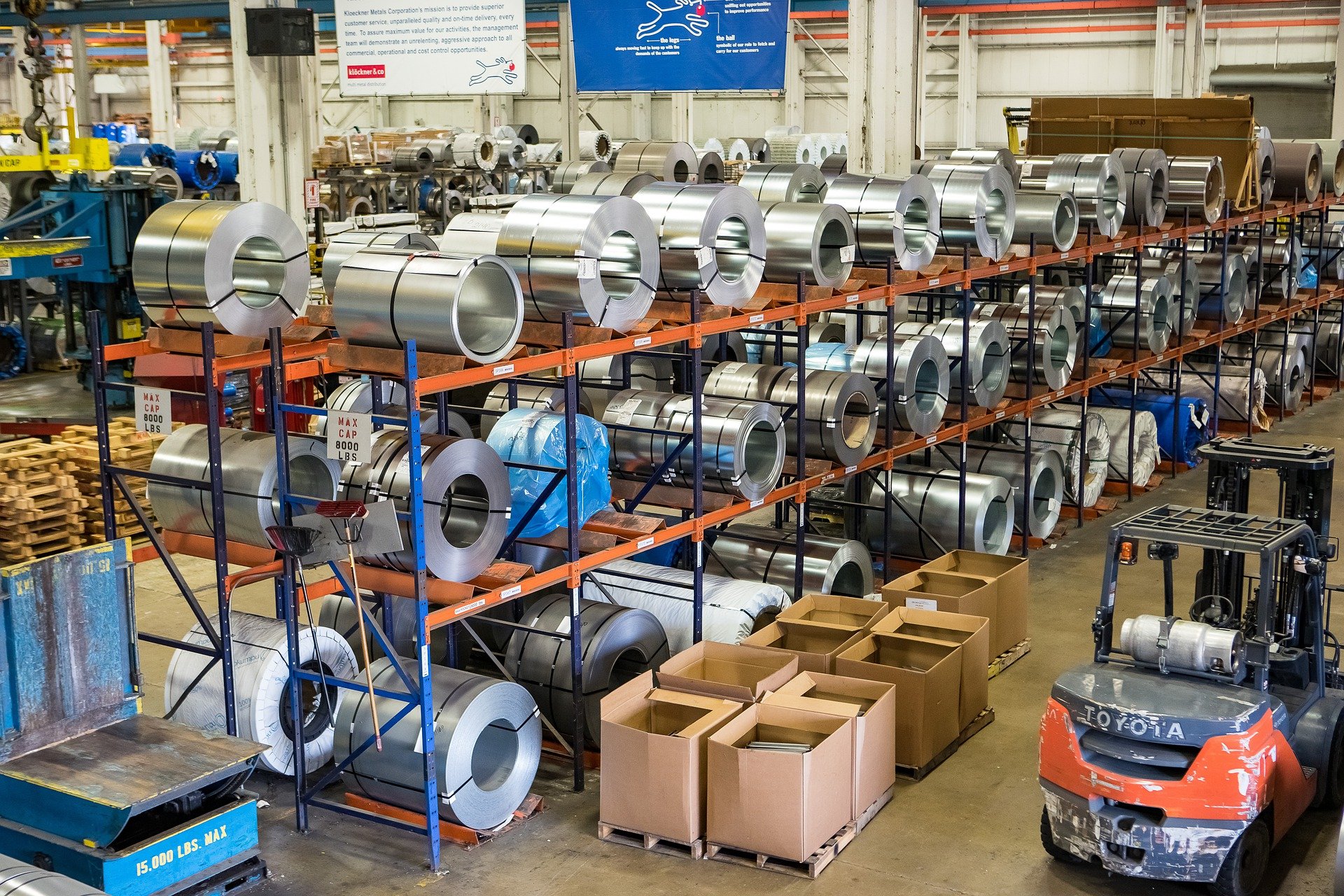The growing incidence of diseases, epidemics and pandemics across the world is adding to the stress on the pharmaceutical industry to discover drug at a faster rate. With new mutations of viruses coming in and a horde of diseases assailing the mankind due to the lack of vaccines, it is getting more and more important for a helping hand to assist pharmaceutical industry in discovery of new drugs. Volumes of data are generated by the surveys done by the research organizations, experiments done with new formulations and treatment results from the patients the innovations are tried on. Having a human or a team of humans to interpret the entire deluge of data every day is certainly not a feasible option.
This necessitates that new ways of drug discovery are made possible which aid in faster drug development and faster trials for approval. In times of pandemics, the world cannot keep waiting for new experiments to happen and trials to occur at a sluggish pace, when thousands are succumbing to the disease every day. This is exactly where artificial intelligence can pitch in and revolutionize the way drug discovery takes place. Not to forget that many big pharma giants have already jumped on the wagon and are leveraging the unimaginable capabilities of AI in coming with new drugs that are autonomously discovered and tested before being recommended.
How AI transforms drug discovery?
Let’s have an eagle-eye look at how AI helps in drug discovery. In the very first step of the traditional method, the researchers in pharmaceutical science identify the protein that is main cause of the disease. They have to go through such proteins in extreme detail so that they don’t end up wasting money on the wrong protein. Researchers also know that a protein may be related to a disease, but may not be the causing agent of the disease. And then in the next step, researchers are supposed to find the molecule or a compound that can influence this protein in order to alter it and render it ineffective to cause a disease. Add to this the fact that there are thousands of molecules that need to be tested for the research to be comprehensive. Expecting humans to go through all these molecules and compounds during a normal situation is still fine, but not so during an accelerated research program while a pandemic is going on.
AI in pharmaceuticals can help to study these thousands of molecules and compounds at a lightning fast rate. Researchers feed AI systems with the parameters on which the molecules and compounds have to be evaluated. The AI algorithms compare all the molecules and compounds under consideration against the parameters.
Researchers are also expected to sift through the data generated from patient records, feedback from trials and research experiments conducted in laboratories. These volumes of data can get overwhelming for a human mind, but not for an AI-powered system. AI systems sift through the humongous volume of data of patients who are undergoing treatment and are a part of the experiment for new drug development. AI for pharmaceuticals also gathers data from healthy people and run deep learning algorithms on data from both kind of people, in order to find out which proteins’ presence distinguishes a healthy person from an ailing patient. This way, the autonomous search of and establishment of connections between proteins and diseases happens with the help of autonomous systems with artificial intelligence.
Giants already on the wagon
The application of responsible AI in pharmaceuticals has already the eye of the pharmaceutical giants and companies have already begun pumping in investments in this area. Genentech has partnered with GNS healthcare since 2017 to leverage AI for cancer drug research. The REFS causal machine learning and simulation AI platform helps to identify and validate cancer drug targets and automates the transformation of health and biomedical data from a diversity of streams. The data from the diverse sources, like Electronic Health Records, next-generation sequencing and other datasets, are converted into mechanistic computer models.
GlaoSmithKline also collaborated with Insilico Medicine in 2017 to leverage AI for a multi-stage highly iterative drug discovery process by applying reinforcement learning algorithms and adversarial networks. Concepts like data mining, lead compound identification and hypothesis generation are being leveraged to generate a gradually improved output prediction.
Why all bets on AI?
AI is growing its presence and importance in the pharmaceutical industry. The growing infusion of AI in pharma comes with its own slew of advantages. The cost of drugs has increased manifold in the last many years. A major reason behind it is the high cost of R&D that goes into the process of drug discovery. The cost of bringing drugs to market has doubled between 2003 and 2013, while the returns of research investment have dipped from 10% t 2% over the same period. The pharmaceutical companies need more of accuracy in the drug discovery process and AI can hold a strong promise in this area.
The lab to market time on average for drugs in close to 12 years. This is because of the long lists of tests that need to be done on animals, before doing trials on humans. AI can prove to be a savior in this area if it can reliably test the efficacy and safety of drugs. This can translate into skipping the animal testing part and directly moving to humans for trials. However, AI systems have to convince the unforgiving regulatory bodies for that with a number of successful understanding of the drugs under testing.
AI in pharmaceutical space can also address one of the key weaknesses of some human researchers. Some researchers in the pharmaceutical space get prejudiced against a few compounds and proteins, and go with their hunches during their research. Such preferences and biases can prove to be costly for the pharmaceutical institutions that are investing huge amount of money into pharma research. AI can very well be free of all these biases and hunches.
Moreover, as mutations increase in viruses, we will need increasing amount of research to proactively counter the rise of epidemics. The incurable diseases of today are so because they are quite complex to comprehend. AI systems in deep learning mode can be the best options for developing a comprehensive understanding of all aspects of the disease and the proteins that are the major culprits. The AI systems can then find out the best ways possible to counter these spoiled brats and help humans find a cure to diseases that have been plaguing the civilization for so long.
Final thoughts
AI in pharmaceutical space is not a new thing. However, the involvement of AI is increasing in pharmaceutical companies and the lines between a human researcher and AI researcher are blurring. Moreover, there are areas where AI can be the best ally we can have to accelerate the pace of drug discovery process. We need more of deep learning systems to understand the complex diseases, identify the molecules that can alter the culprit proteins and then enlighten humans with the knowledge of the right molecules to invest in, before validating the effects on humans. The next age in pharmaceutical space is that of AI and we will soon have responsible AI helping us stay better, stay healthier.











